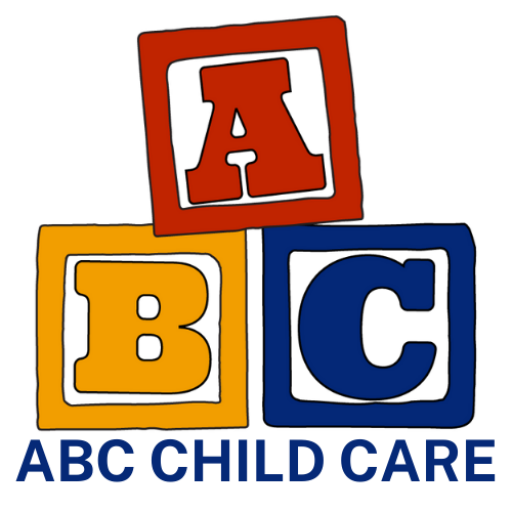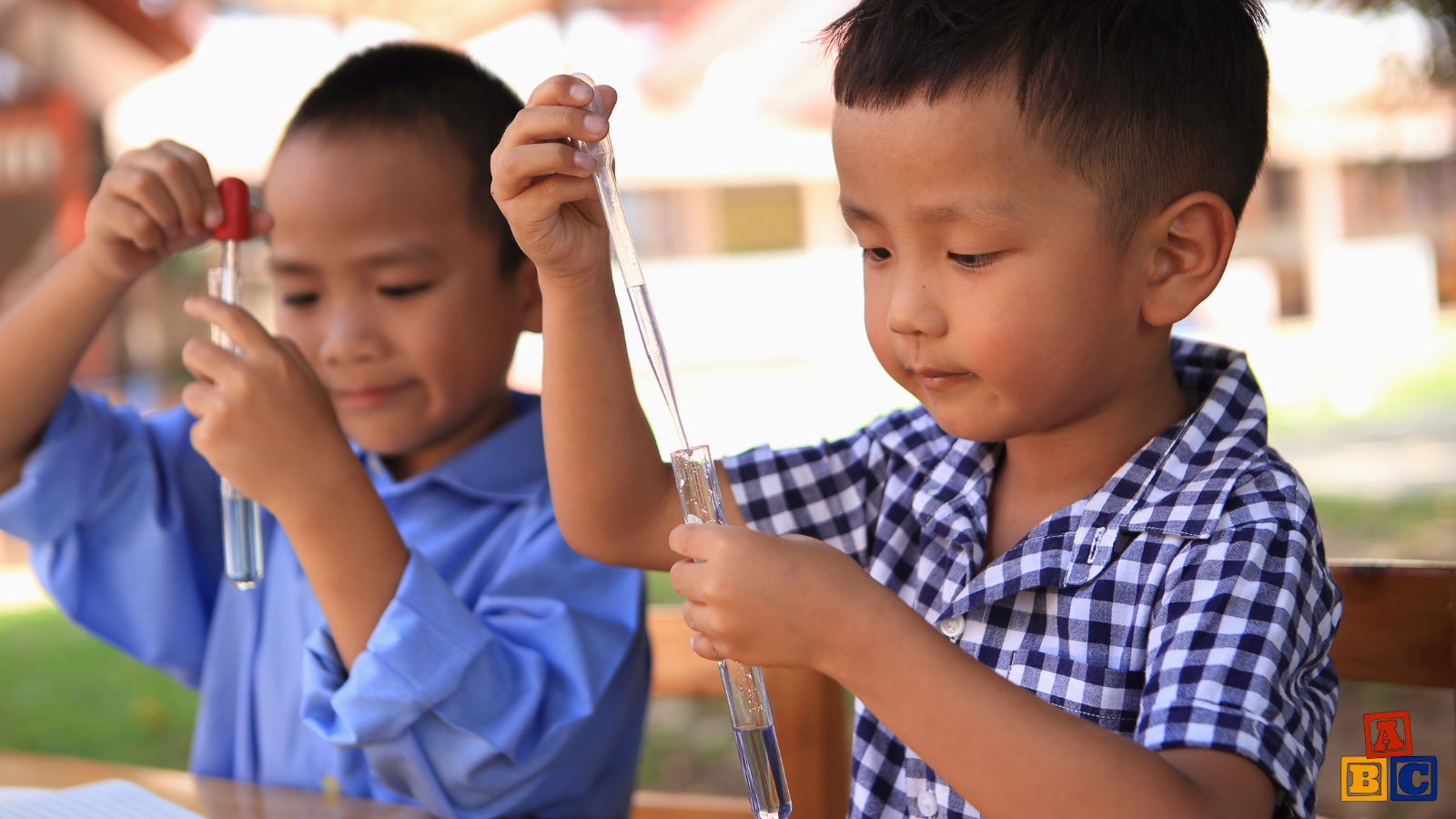Simply Science
Who doesn’t love a good experiment? Science teaches kids about the world around them, encourages exploration and discovery, and most importantly, asks questions like ‘Why’ and ‘How’.
We believe in hands on science, which is why each of our rooms, from infants all the way up to our school age program, has a science center. In each center there is a variety of age appropriate science activities, learning opportunities, and prompts. For some basic science fun at home, try one of the following activities.
Seedy Science
Developing: Classification and identification of objects with includes size, shapes and colors
What you’ll need:
-Ice cube tray (empty)
-up to 16 different seeds (go less for younger children)
-Magnifying glass (if you’ve got one, or reading glasses offer the same type of magnification)
-Tray or flat surface (to avoid messes use a platter, plate, or piece of paper)
How to start:
Put out the seeds onto a tray or paper, and help your child sort them into the ice cube tray. Let them decide how to classify the seeds, are they grouping them by color? Shape? Size? Texture? There is no wrong answer, encourage them to think about what makes each side different, and what makes them the same. Then for older children, write the name of each seed down on the worksheet below, and talk about species, and how seeds grow and germinate.


Sink or Float
Probably the most fun you’ll have all day!
Developing: Scientific method with deductive reasoning and observation
What you’ll need:
-a large container that holds water (tub, tray, giant bowl, the bigger the better!)
-a variety of objects to start (pick things that water won’t necessarily damage.)
How to start:
Lay out all the items next to the water container, ask your child what they think will sink, and what they think will float. Ask the all-important questions like, ‘Why do you think that?’ and ‘What would happen if?’ the answers, and reasoning behind them, may surprise you! After you have made your hypothesis (guess) then have your child drop in the object and see the results! To further the activity with older children have them right down their predictions, and then right down the outcomes, and compare. Also, ask them to come up with other objects they’d like to try.


Questions for any project to help further reasoning, analysis and creative thought:
Why did that happen?
What happens next?
How do you know that?
Why do you think that?

